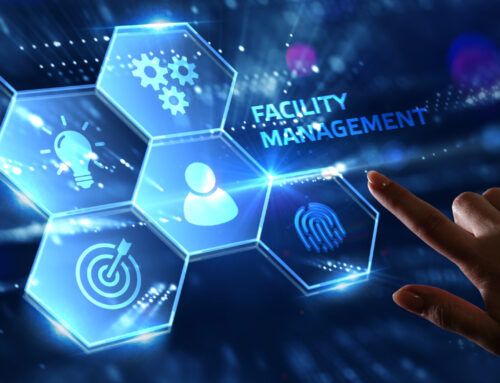A CMMS system (computerized maintenance management software) automate many of the logistical functions performed by maintenance staff. Typical CMMS functions include work order generation, historical tracking of work orders, tracking of scheduled and unscheduled maintenance activities, storing of maintenance procedures and complete parts and materials inv entory control. Organizations that deploy a CMMS system are able to realize a variety of benefits, including a significant increase in maintenance productivity, reduction in equipment downtime, savings in material costs and a reduction in maintenance/repairs operations.
entory control. Organizations that deploy a CMMS system are able to realize a variety of benefits, including a significant increase in maintenance productivity, reduction in equipment downtime, savings in material costs and a reduction in maintenance/repairs operations.
Finding a CMMS system that’s right for you is not as easy as picking one off a list. Facility managers need to consider the current mode of their O&M operations and ask the right questions. The guide below provides the top seven considerations when vetting different CMMS vendors:
1. Industry-Specific
Some CMMS systems are attuned to particular industries. Some businesses need solutions that monitor the maintenance needs of their buildings, equipment, and fleets, while others such as medical facilities might require sophisticated systems that time maintenance tasks to certain triggered events.
2. Ease of Use
Usability of a CMMS system is key. The solution is not just meant for tech-savvy staff but everybody along the O&M chain, from ground floor maintenance technicians to C-level managers. Ask:
- Is the solution easy to learn?
- How long does it take to implement?
3. Pricing Structure
Different vendors provide varying pricing mechanisms for their CMMS solutions. You need to ask the following questions:
- What is the cost of setup for the maintenance software? This includes installation/startup fees as well as fees for additional features or modules.
- Does the vendor use a Pay-per-User, Pay-Per-Module or Pay-Per-Work Order? Most vendors charge a monthly per-user fee.
- What is the refund policy and does the vendor offer any satisfaction guarantee?
4. Customer Support
Even the most user-friendly CMMS systems can cause some growing pains. A robust customer support system can keep those pains to a minimum.
- Does the vendor offer any support including fixing bugs, solving everyday software issues and accommodating custom requests?
- Are there any additional costs for support?
- Is support easy to reach?
5. Scalability
It’s important to consider whether the CMMS software can continue to accommodate your needs as your business or organization expands.
6. Data Portability
Can data be extracted from the CMMS system to another system? If you use other programs and software you need to ensure it can be integrated with an API. The data should be able to work together and the process should be simple and easy to manipulate.
7. Software Updates
How often does the vendor offer software updates? These are necessary to keep the system secure and up-to-date with new industry developments. Updates should ideally be pushed with zero or minimal downtime.
Contact Novo Solutions today to learn more about our CMMS software.




